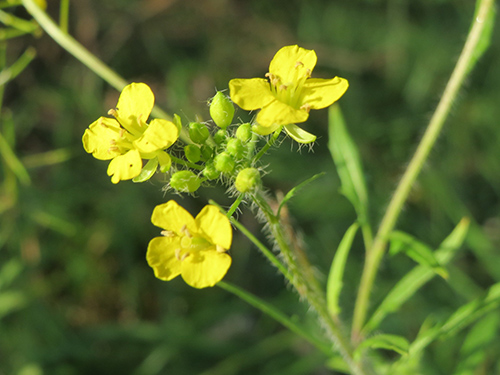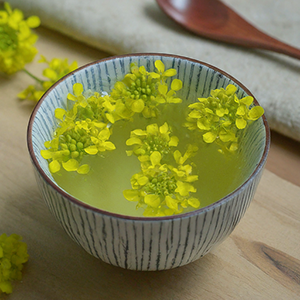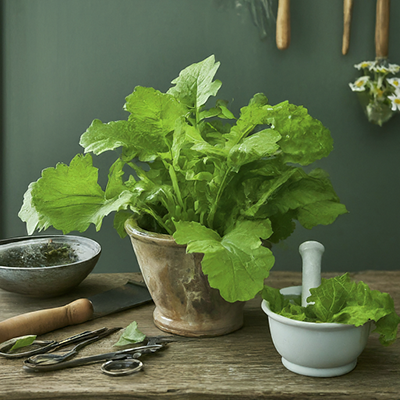Contents
Physicians of the 17th century prescribed hedge mustard as a remedy for singers, actors, and speakers to help keep a clear and powerful voice.

Hedge Mustard Scientific Facts
- Scientific Name – Sisymbrium officinale Scopoli.
- Other Names – English watercress, erysimum, thalictroc.
- French – Érysimum, herbe aux chantres.
- Spanish – Erísimo, hierba de los cantores.
- Environment – Common to unfarmed lands near populated areas in all of Europe. It is known in America.
- Description—A Cruciferae family plant grows from 40 to 100 cm high and has an upright, straight stem. Its leaves are big and deeply lobulated, and the flowers are small and pale yellow.
- Parts of the plant used medicinally – Flower clusters and leaves.
Healing Properties

Hedge mustard is similar to mustard in appearance, flavor, and composition. It contains a sulfured essential oil that, when in contact with the mouth and pharynx mucosal membrane, provokes a greater flow of blood to the larynx and bronchi using a reflex mechanism, thus promoting productive coughing.

It has bechic (easing cough and throat irritation), anti-inflammatory, and expectorant components. It is beneficial in pharyngitis, hoarseness, or aphonia caused by laryngitis (inflammation of the vocal strings) and bronchitis. The best results are achieved when internal use (infusion) and external uses (mouth rinses and gargles) are combined.
How to use Hedge Mustard
- Infusion with 50 grams of flower clusters per liter of water. Sweeten with honey and drink up to five or six hot cups daily.
- Rinse and gargle with the same infusion used for internal use. Sweeten if desired. Remember not to swallow the liquid used for rinses and gargles.
DISCLAIMER: All content on this website is presented solely for educational and informational objectives. Do not rely on the information provided as a replacement for advice, diagnosis, or treatment from a qualified medical expert. If you are pregnant, nursing, or have any preexisting medical concerns, talk to your doctor before using any herbal or natural medicines.
REFERENCES
- George D. Pamplona-Roger, M.D. “Encyclopedia of Medicinal Plants.” George D. Pamplona-Roger, M.D. Encyclopedia of Medicinal Plants. Ed. Francesc X. Gelabert. Vols. 1 San Fernando de Henares: Editorial Safeliz, 2000. 211. Print.
- WebMD: https://www.webmd.com/vitamins/ai/ingredientmono-601/hedge-mustard
- WildflowerWeb: http://www.wildflowerweb.co.uk/plant/336/hedge-mustard
- RxList: https://www.rxlist.com/supplements/hedge_mustard.htm
